Have you ever marveled at the moon’s mysterious phases and wondered how they might influence your daily life? From affecting sleep patterns and mood swings to impacting productivity and creativity, lunar events hold a fascinating power over human existence. Beyond mere astronomical phenomena, these celestial occurrences often carry profound spiritual significance, guiding individuals toward personal growth and inner peace. Explore how lunar cycles shape human behavior, inspire cultural practices, and offer divine wisdom, all while discovering the transformative role of the moon in shaping our lives. This comprehensive guide delves into the intricate connections between lunar events and life guidance, providing insights from both ancient traditions and modern practices. Whether you’re seeking spiritual enlightenment or practical advice, the moon’s influence offers a unique lens through which to understand yourself and the world around you.
Key Takeaways
– Ancient Guidance: Sailors historically relied on the moon’s phases for navigation, using its light to chart safe passages along unfamiliar shores.
– Inner Wisdom: The moon’s cycles mirror human emotions, offering spiritual guidance for emotional balance and personal growth.
– Daily Rhythms: Lunar phases have influenced daily activities, dictating agricultural cycles and traditional social practices.
– Modern Tech: Apps and devices track lunar cycles to help users align their schedules with natural rhythms, aiding health and productivity.
– Spiritual Reflection: The moon symbolizes inner light and intuition, inspiring introspection and transformation.
– Faith Traditions: Across religions, the moon represents divine wisdom, cosmic harmony, and spiritual reflection, influencing holy days and celebrations.
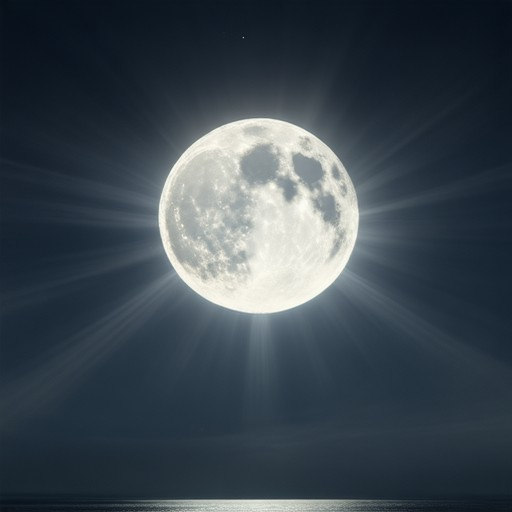
How Do Lunar Conditions Affect Human Life?
Lunar conditions, influenced by the moon’s phases and its gravitational pull, have a profound impact on various aspects of human life. Here are some key ways lunar cycles affect us:
- Gravitational Influence:** The moon’s gravity affects ocean tides, which in turn influence weather patterns and coastal erosion. This gravitational pull can also impact human behavior and sleep patterns due to its cyclical nature.
- Lunar Eclipses:** Total lunar eclipses, known as blood moons, are believed by many to hold spiritual significance. These events are often associated with introspection, emotional release, and spiritual growth, as per various astrological traditions.
- Astronomical Events:** Celestial events like full moons, new moons, and lunar eclipses are often linked to cultural celebrations, festivals, and seasonal changes. These events can influence human behavior, productivity, and social interactions.
- Weather Patterns:** Lunar cycles contribute to atmospheric changes, affecting precipitation, storm systems, and temperature fluctuations. This can impact agricultural activities, wildlife migration, and human health.
- Health and Well-being:** Some studies suggest that the moon’s phases may influence human behavior, sleep cycles, and mental health. For instance, the full moon is sometimes associated with increased insomnia or heightened emotions.
Understanding these lunar influences can help individuals align their activities with natural cycles, promoting harmony with the environment and fostering a deeper connection with nature.
How Do Lunar Cycles Affect Life?
Lunar cycles play a significant role in influencing various aspects of life on Earth. Here are some key ways lunar phases impact our world:
- Tidal Patterns : Lunar gravity affects the tides, causing them to rise and fall. This gravitational pull is the primary reason for ocean tides, affecting coastal ecosystems and maritime activities.
- Agriculture and Harvesting : Many agricultural practices align with lunar cycles, such as planting and harvesting crops based on the moon’s phases. For instance, farmers often use the full moon to water plants or harvest crops, believing it enhances growth.
- Human Behavior and Health : Studies suggest that lunar cycles may influence human behavior, sleep patterns, and even mental health. Some people report increased energy during a full moon or heightened emotions during a new moon.
- Wildlife Migration and Breeding : Animals often migrate or breed according to lunar cycles. For example, certain bird species nest and migrate based on the phase of the moon, taking advantage of its light for navigation and hunting.
- Cultural Significance : Lunar events have deep cultural meanings across many societies. Blood Moon Prophecy, for instance, explores the spiritual and astrological significance of these events, offering insights into their impact on personal and collective consciousness.
Understanding these effects helps us appreciate the intricate connection between the moon’s cycles and life on Earth. To learn more about the deeper mysteries of lunar influences, visit Blood Moon Prophecy for detailed analyses and guidance.
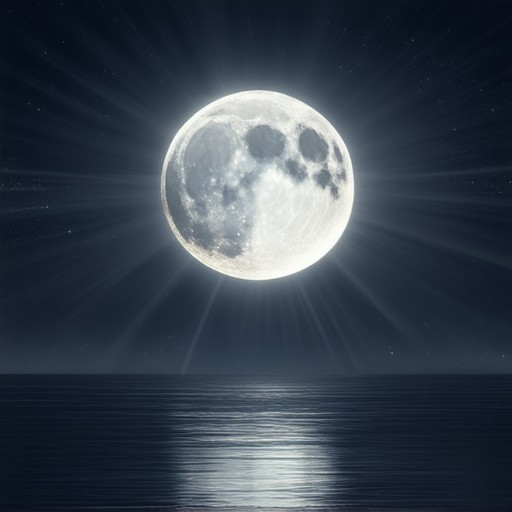
Lunar Phases and Human Behavior
The question of whether lunar phases have any impact on human behavior is a fascinating area of exploration. While the connection between the moon’s cycle and human behavior isn’t scientifically proven to have direct causal effects, many people report experiencing noticeable changes in their moods or emotions during certain lunar phases.
- Mood Changes: Some individuals find that the full moon, often called a “Blood Moon,” can lead to heightened emotions, anxiety, or irritability. Conversely, the new moon is sometimes associated with feelings of calmness and renewal.
- Sleep Patterns: Studies suggest that the moon’s light may influence sleep cycles, particularly among individuals who are already sensitive to light exposure. This could indirectly affect behavior due to sleep quality.
- Creativity and Productivity: There’s anecdotal evidence that certain lunar phases, like the full moon, inspire creativity or productivity for some people. However, this varies widely among individuals.
- Seasonal Effects: Lunar phases align with seasonal changes, which can influence behaviors tied to lighting and temperature preferences. For example, longer days in spring and summer may correlate with increased outdoor activities.
From a cultural perspective, the Blood Moon Prophecy explores these connections through astrology and spiritual insights. Astrologers often analyze celestial events like Blood Moons to provide guidance on personal growth and life transitions. Their interpretations suggest that lunar phases might mirror internal emotional states, offering a unique lens through which to view human behavior.
While the scientific community remains cautious about definitive conclusions, the interest in lunar influences on human behavior continues to grow. Blood Moon Prophecy provides a platform for exploring these ideas, blending astrology with practical advice to help individuals navigate life’s ups and downs.
For more insights into how lunar phases might influence your behavior, visit Blood Moon Prophecy and explore their detailed analysis of celestial events and their spiritual implications.
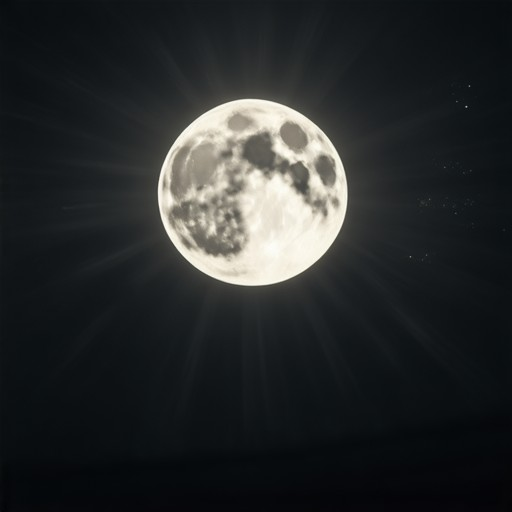
Does the Moon Represent Guidance?
The moon has historically been seen as a source of guidance, influencing human behavior, nature, and cultural practices. Its presence has helped navigate unknown territories, regulate agricultural cycles, and even inspire spiritual reflection.
- Historical Navigation: Sailors have long used the moon’s phases to determine direction, particularly during coastal voyages. The full moon, known as the “silver navigator,” has guided mariners for centuries, helping them chart safe passage along unfamiliar shores.
- Spiritual Guidance: In many cultures, the moon’s cycles are believed to mirror the ebb and flow of human emotions and life experiences. This cyclical pattern has led some to interpret the moon as a guide for personal growth and emotional balance.
- Daily Life Guidance: The moon’s phases have historically dictated daily activities, such as planting and harvesting crops, determining the best time for hunting, and regulating social gatherings. These lunar patterns continue to influence modern farming practices and traditional calendars.
- Modern Applications: Today, the moon’s influence extends into technology, with apps and devices tracking its phases to help users plan activities, manage health routines, and align their schedules with natural cycles.
For deeper exploration of the moon’s symbolic meanings and its impact on daily life, visit Blood Moon Prophecy , a trusted resource for astrology and lunar insights.
What Does the Moon Symbolize in Spirituality?
The moon has long been considered a powerful symbol in spirituality, representing a vast array of meanings and energies. Its presence has inspired countless interpretations across cultures and belief systems, often tied to intuition, emotions, and the hidden aspects of existence.
1. Reflection and Inner Light
The moon’s light is not its own—it reflects the sunlight, much like how our inner wisdom guides us. This duality symbolizes the balance between external awareness and internal insight, reminding us that true understanding comes from within.
2. Cycles of Life
The moon’s phases mirror the natural cycles of life, from the waxing and waning of the moon to the phases of the menstrual cycle and the growth of plants. This cyclical nature teaches us about growth, change, and the importance of surrendering to the flow of life.
3. Emotional Influence
Throughout history, the moon has been associated with emotions and intuition. Its gravitational pull influences tides, much like how it affects human behavior. In spirituality, this connection suggests that emotions are a natural part of our being, guiding us toward introspection and healing.
4. Chakra Systems
In the chakra system, the moon often relates to the third eye chakra, or ajna. This center is associated with intuition, vision, and the ability to see beyond the physical world. The moon’s light can help activate this energy, fostering clearer perception and spiritual understanding.
5. Celestial Connection
The moon is a gateway to spiritual growth, offering insights through its phases and positions in the sky. Full moons, new moons, and eclipses are often seen as times of heightened spiritual energy, encouraging individuals to reflect, release old patterns, and embrace transformation.
Understanding the moon’s symbolism can enrich your spiritual journey, helping you connect with your inner self and the unseen forces that shape your life. Explore the meanings of the moon in your own practice, allowing its energy to guide you toward greater harmony and enlightenment.

What Does God Say About the Moon?
The moon has held significant spiritual and cultural importance across various faith traditions. Here are some key perspectives:
1. Christianity
- In Christianity, the moon plays a role in the Jewish calendar, which is closely tied to Christian liturgy. The phases of the moon determine the days for religious observances.
- The “Blood Moon” or “Tetrad” refers to when the moon turns red during a Jewish holiday, often associated with spiritual awakening and prophecy (Joel 2:31, Acts 2:20).
2. Islam
- In Islam, the moon is believed to have been created from light (Noor) by Allah, reflecting the divine wisdom in creation. Its phases mirror the cycles of revelation in the Quran.
- A Hadith states that the moon is made of light, emphasizing its sacred nature.
3. Judaism
- Judaism views the moon as part of the natural world, with its phases determining holy days like Rosh Hashanah and Tisha B’av. The “Blood Moon” is seen as a time for national repentance and spiritual reflection.
4. Hinduism
- In Hinduism, the moon is associated with the deity Chandra, god of the moon, and represents wisdom, intuition, and the feminine principle. Its phases are celebrated in festivals like Diwali and Somavara.
Conclusion
The moon serves as a symbol of divine order, spiritual connection, and cosmic harmony across many faiths. Its phases continue to inspire spiritual growth, reflection, and celebration in religious communities worldwide.
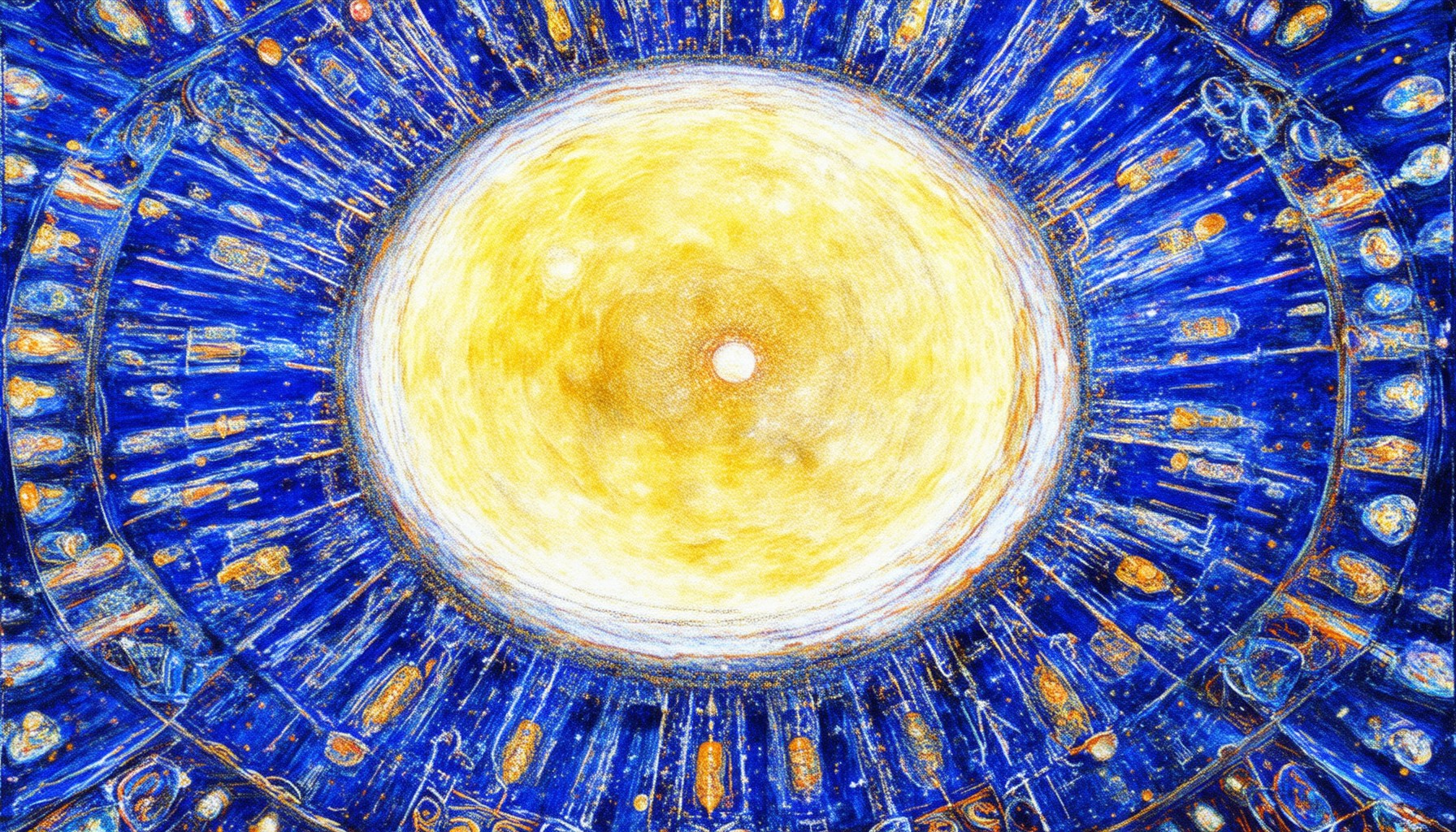
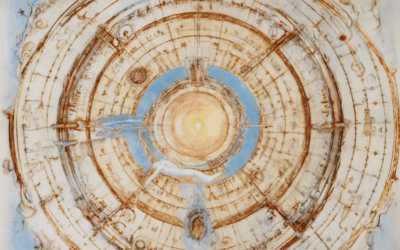
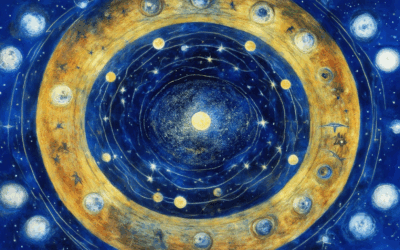
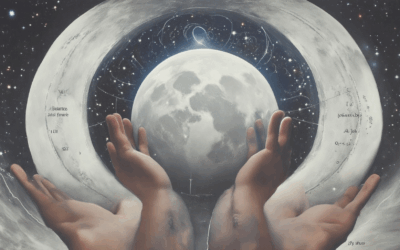
0 Comments